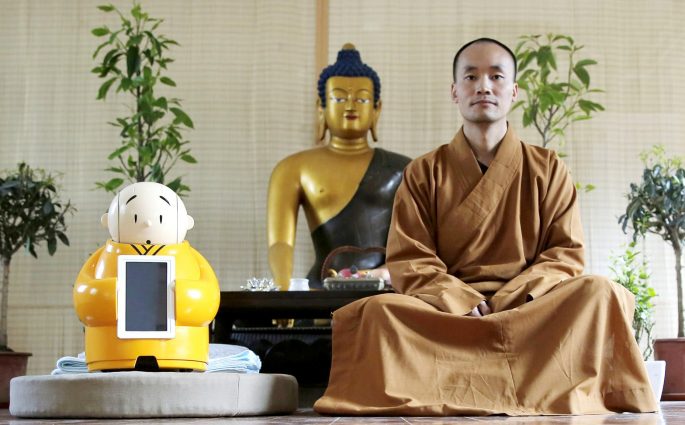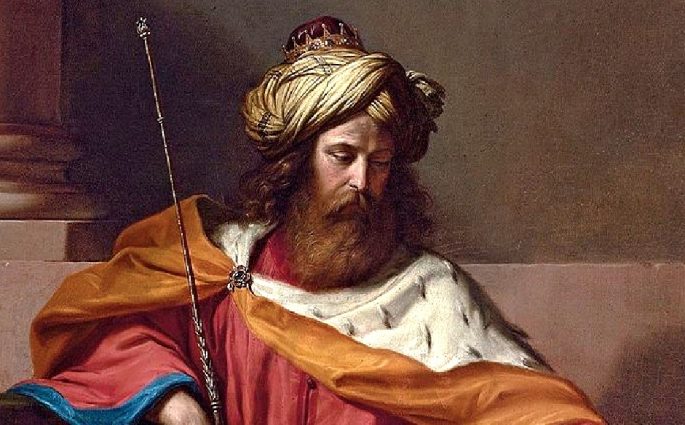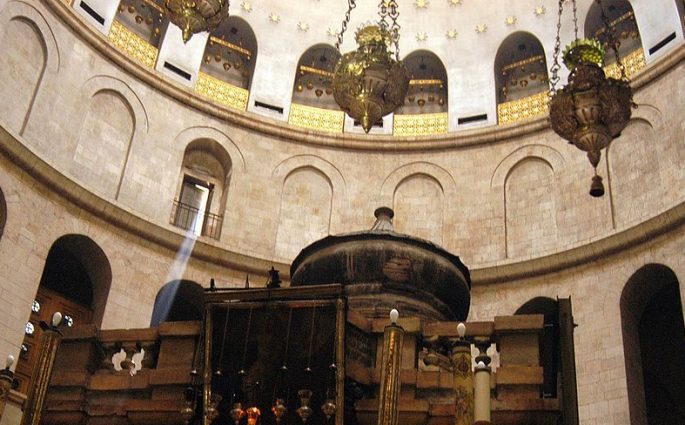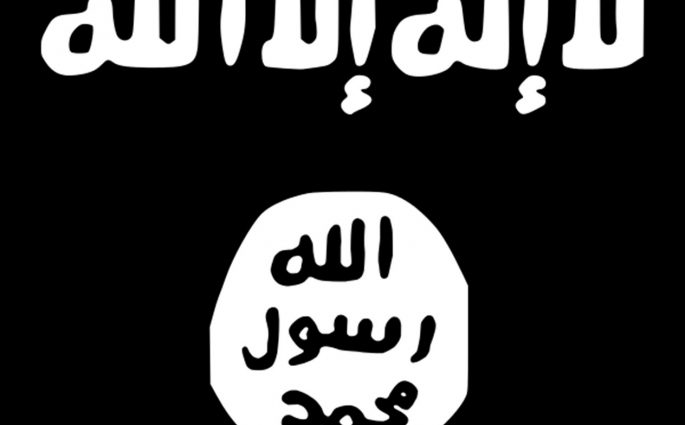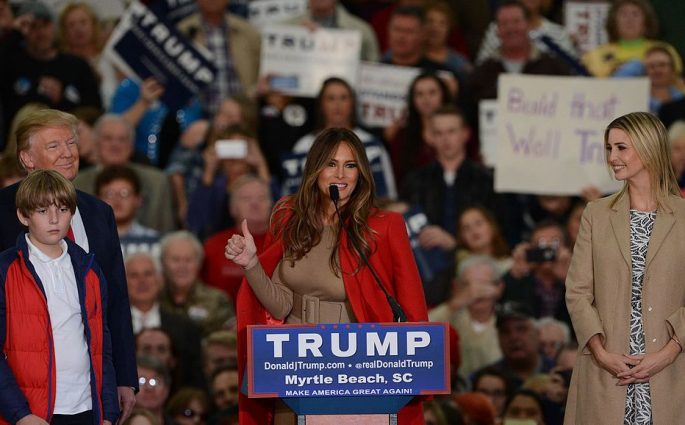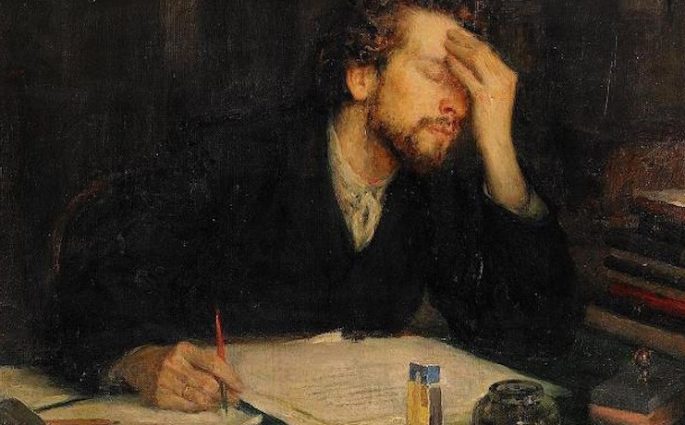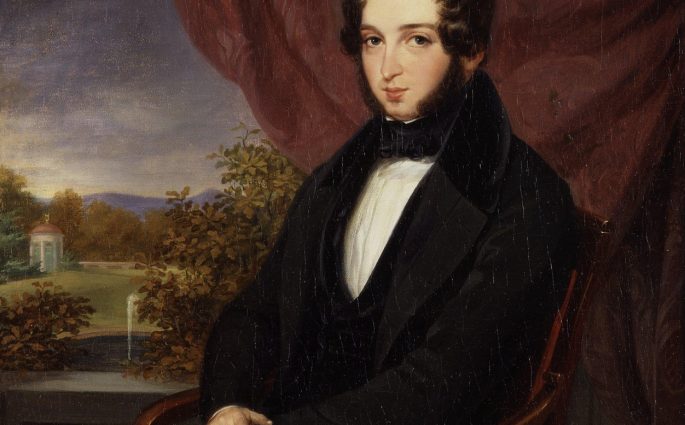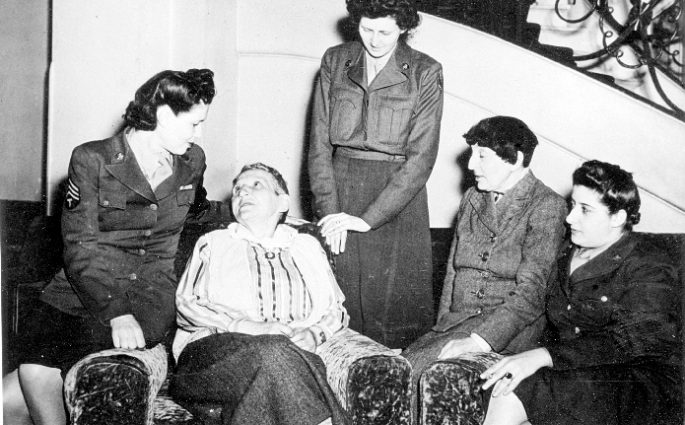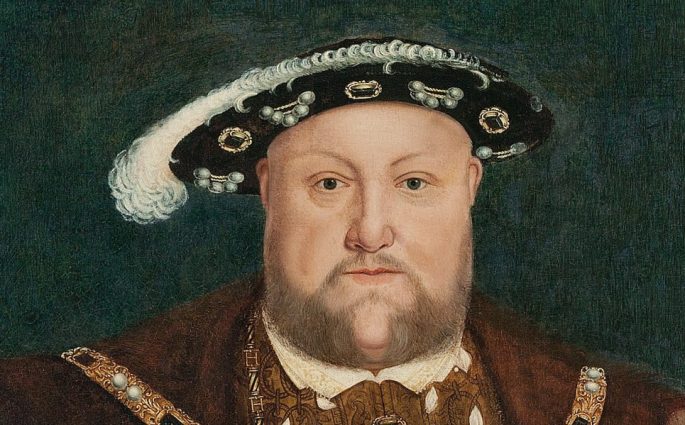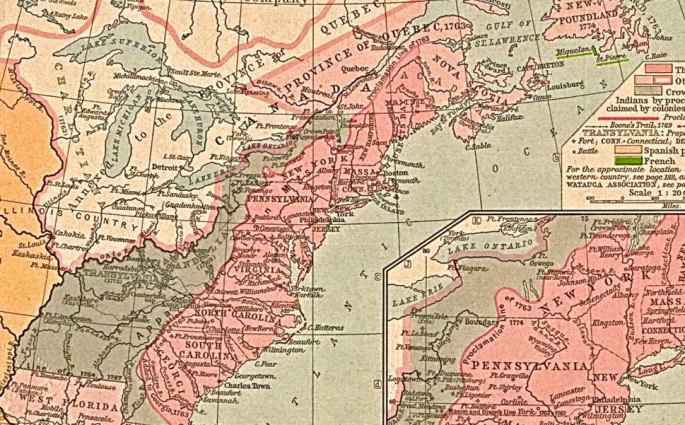The Monastery and the Microscope
James Doty— Over the past few days, you have heard my colleagues discuss evolution, neuroanatomy, empathy, compassion, affiliative behavior, and the impact of genetics and the environment, as well as the concept of in-group versus out-group. Research is wonderful. It’s a great intellectual exercise. We can learn a great deal

